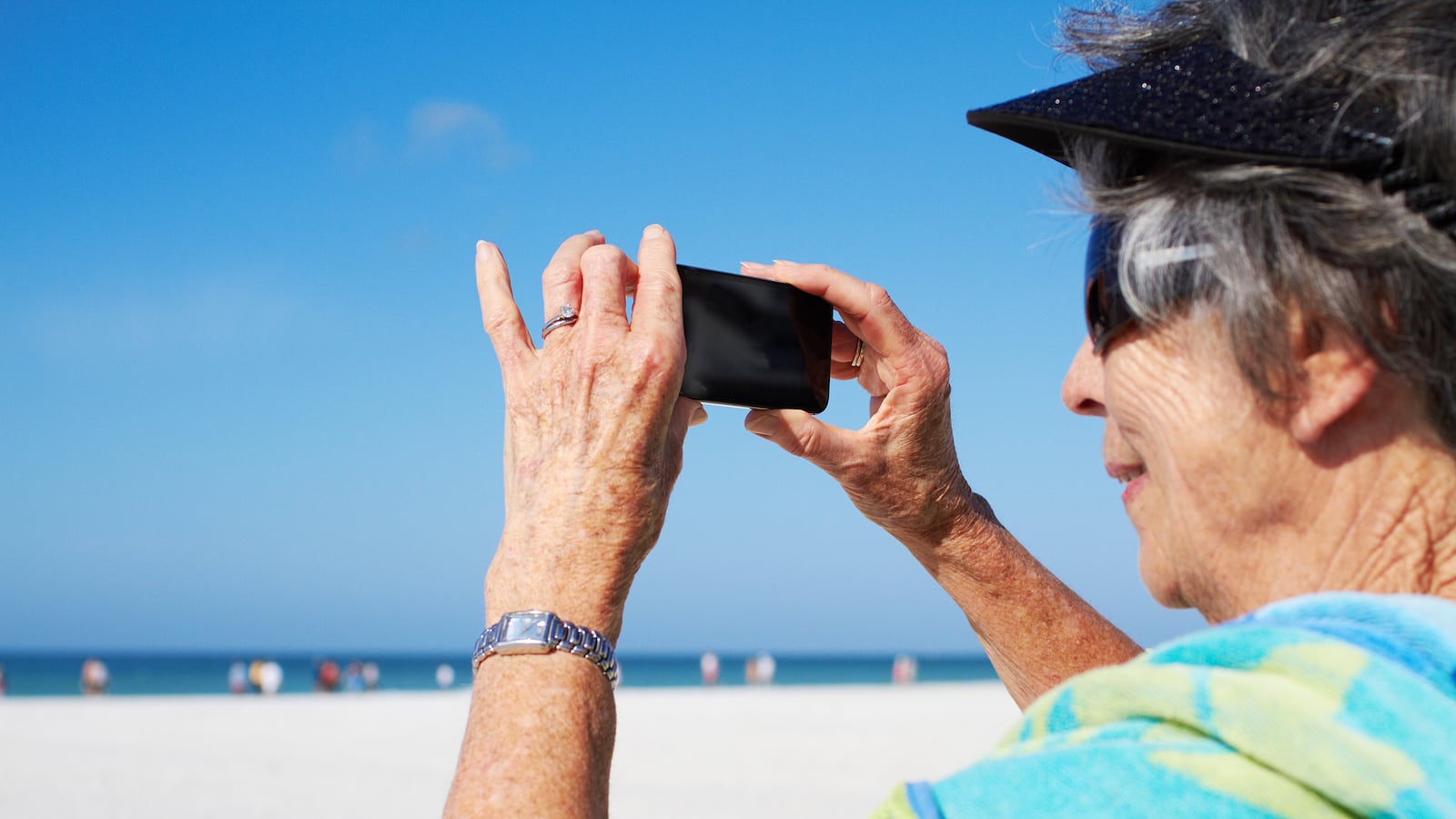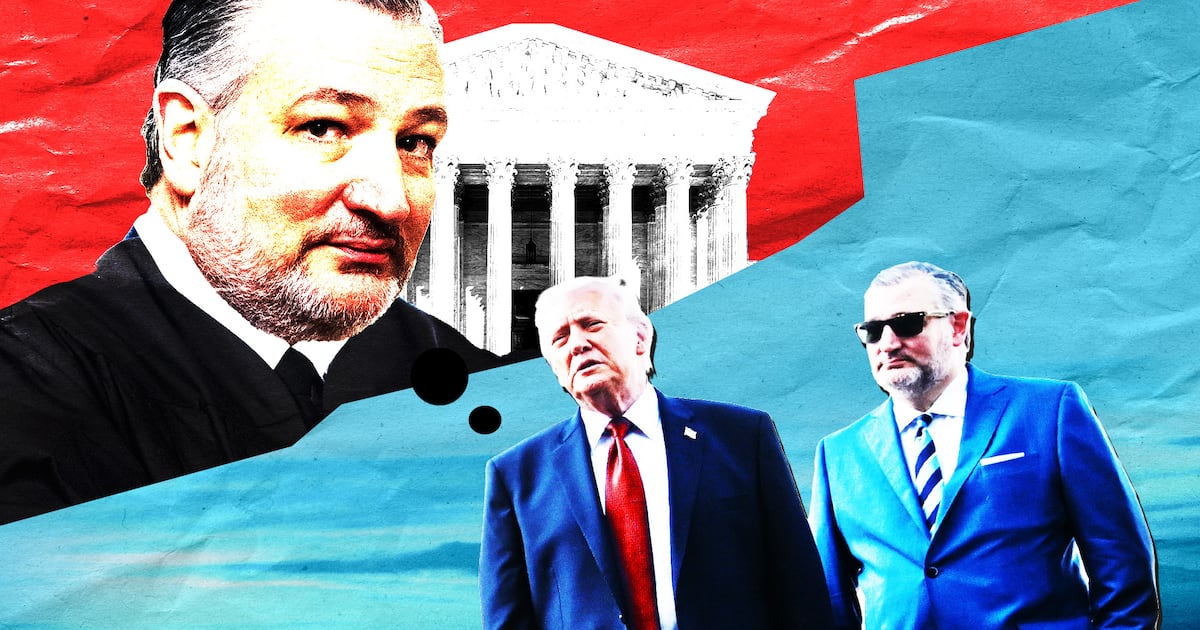Florida is well known for crazy hijinks, but the Sunshine State may have outdone itself this time.
A new lawsuit claims that the state legislature accidentally made all computers and smartphones illegal in April.

Whoops! How’d that happen?
The language of the law in question, intended to outlaw slot machines and online gambling machines, bans any “device, machine, or system” that requires money, a code, or “information” used to play any game with an unpredictable outcome.
That’s the problem: lawyers say the language prohibits any device that’s even capable of playing a game of chance. Which would mean, well, just about every possible device created in the last decade or so.
The law, approved by Gov. Rick Scott, had the best of intentions; it went into effect a month after a Florida charity, Allied Veterans of the World, was shut down on suspicion that it was an online gambling front. Sixty people were arrested in connection to the charity, which counted Florida’s lieutenant governor, Jennifer Carroll, as a consultant (Carroll has since resigned). The law, effectively banning slots and Internet cafés, was meant to crack down on the kind of illegal gambling involved in the allegedly fake charity.
Now it appears that a lawsuit hinging on tricky semantics is the best hope Florida’s Internet-café owners and slot-happy senior citizens have of getting their beloved gambling machines back.
The law is poorly worded, vague, and confusing, says Justin Kaplan, a lawyer at the Miami law firm representing Incredible Investments, a Miami Internet café and one of the many local business shuttered as a result of the legislation. (Kaplan’s firm got help from famed constitutional lawyer Alan Dershowitz in building the lawsuit.)
“Let’s say I’m a college student, and I go into the library, type in my password to get into a computer, and bet on an online March Madness bracket,” Kaplan says. “That would directly violate the language of the new law.”
And according to the letter of the law, Kaplan says, a user wouldn’t even have to use a device for gaming or gambling—the mere capability of the device to play a betting game would make it illegal. Kaplan argues that just entering a password on an iPhone would violate the language banning devices requiring a “code or information.”
And about what about “a network of systems”?
“A network of work computers is arguably actually a bunch of slot machines in your office” under the new law, Kaplan says. “So is every college and university, and the very offices where legislators have their own offices and are making these laws in Tallahassee.”
Clearly that interpretation of the law hasn’t been adopted by Florida’s lawmakers or citizens. So who wins if the law is declared unconstitutional, as the suit claims it is?
The owners of the 1,000 Internet cafés, 200 so-called adult arcades that cater to seniors, and hundreds of maquinitas, which are mini videogame arcades found in Miami, are certainly worried about their livelihoods.
“The only support I have is this job,” Kenia Landa, a bingo manager at Tropicana Bingo & Arcade in Hialeah, Florida, told the Associated Press.
And some say the shuttering of the adult arcades will cause problems for the state’s massive senior-citizen population.
"There are people who come here in the morning to play bingo and then stay later to play the machines until their son comes to pick them up, so they won't be home alone,” Johnny Figueria, the Tropicana’s manager, told the AP.
For better or worse, some of the adult arcades have become like “second homes” for the state’s elderly, some of whom “have no family here,” Gale Fontaine, president of the Florida Arcade Association, said in a conference call shortly before the law was passed.
Maybe Florida’s newest controversial bill isn’t quite a battle over Internet freedom. But that doesn’t mean Florida’s infamously wacky legislature is still anywhere close to normal.






